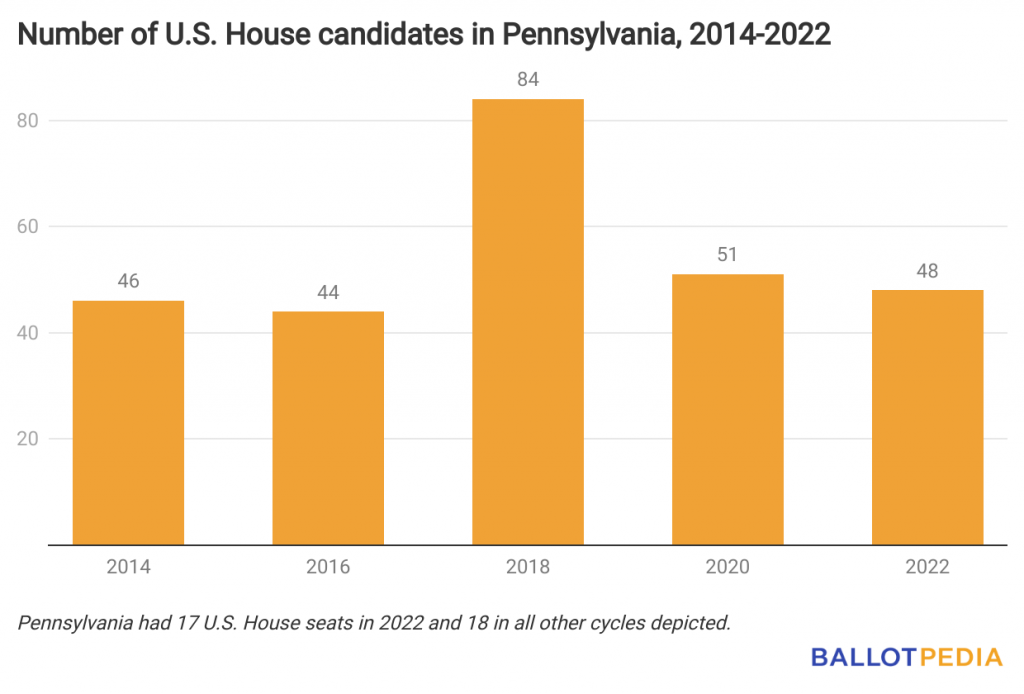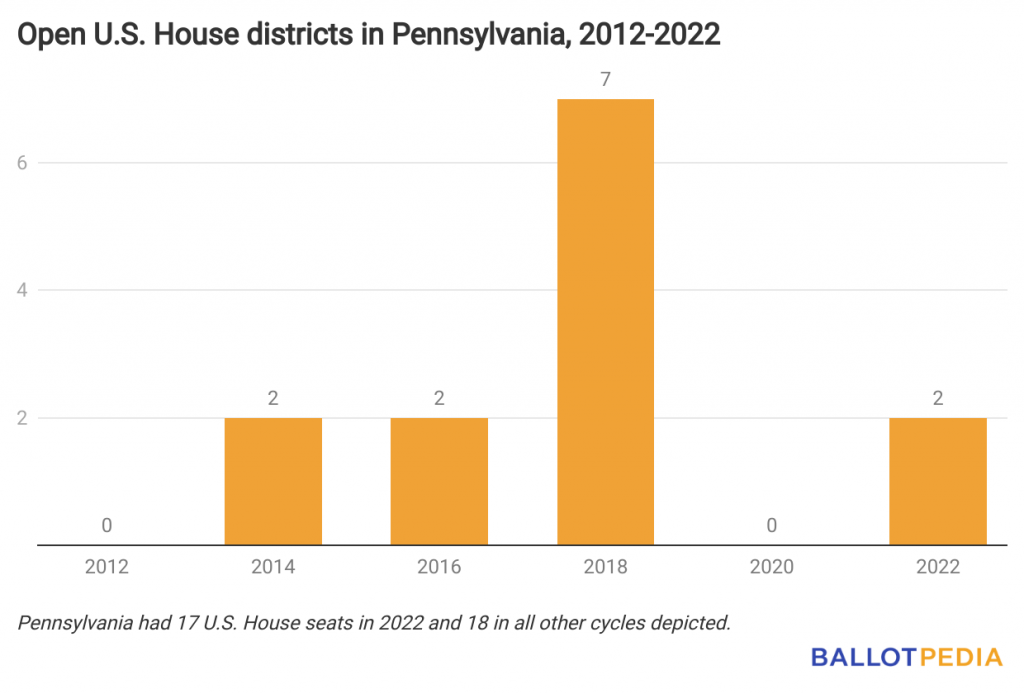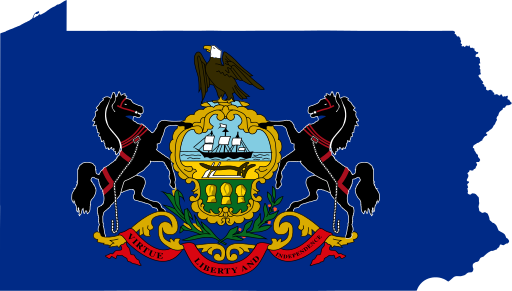The filing deadline for candidates running for Congress in Pennsylvania this year was March 15, 2022. Forty-eight candidates are running for Pennsylvania’s seventeen U.S. House districts, including 23 Democrats and 25 Republicans. That is 2.82 candidates per district, slightly less than the 2.83 candidates per district in 2020, and less than the 4.66 in 2018.
Here are some other highlights from this year’s filings:
- This is the first election to take place under new district lines following the 2020 census, which resulted in Pennsylvania losing one U.S. House district.
- The 48 candidates running this year are the lowest number of candidates running for Pennsylvania’s U.S. House seats since 2016, when a total of 44 candidates filed.

- Two seats — the 12th and the 17th — are open, meaning no incumbents are running. That’s two more than in 2020, when there were no open seats. There were seven open seats in 2018, two in both 2016 and 2014, and no open seats in 2012.

- Representative Fred Keller (R), who represents the 12th district, is retiring, and Rep. Conor Lamb (D), who represents the 17th district, is running for the U.S. Senate.
- Six candidates — one Republican and five Democrats — are running in the 12th district, the most running for one seat this year. Five candidates — three Republicans and two Democrats — are running in the 17th district.
- There are five contested Democratic primaries this year, the lowest number since 2016. There are six contested Republican primaries, one more than in 2020, but two less than in 2018.
- There are 13 districts where incumbents do not face primary challengers.
- One district — the 3rd — is guaranteed to Democrats because no Republicans filed. Two districts — the 13th and the 14th — are guaranteed to Republicans because no Democrats filed.
Pennsylvania and four other states — Idaho, Kentucky, North Carolina, and Oregon — are holding primary elections on May 17. Pennsylvania utilizes a closed primary process, so voters are required to register with a political party to vote in the primary election. The winner of a primary election is the candidate who receives the greatest number of votes, even if he or she does not win an outright majority of votes cast.
Additional reading:


